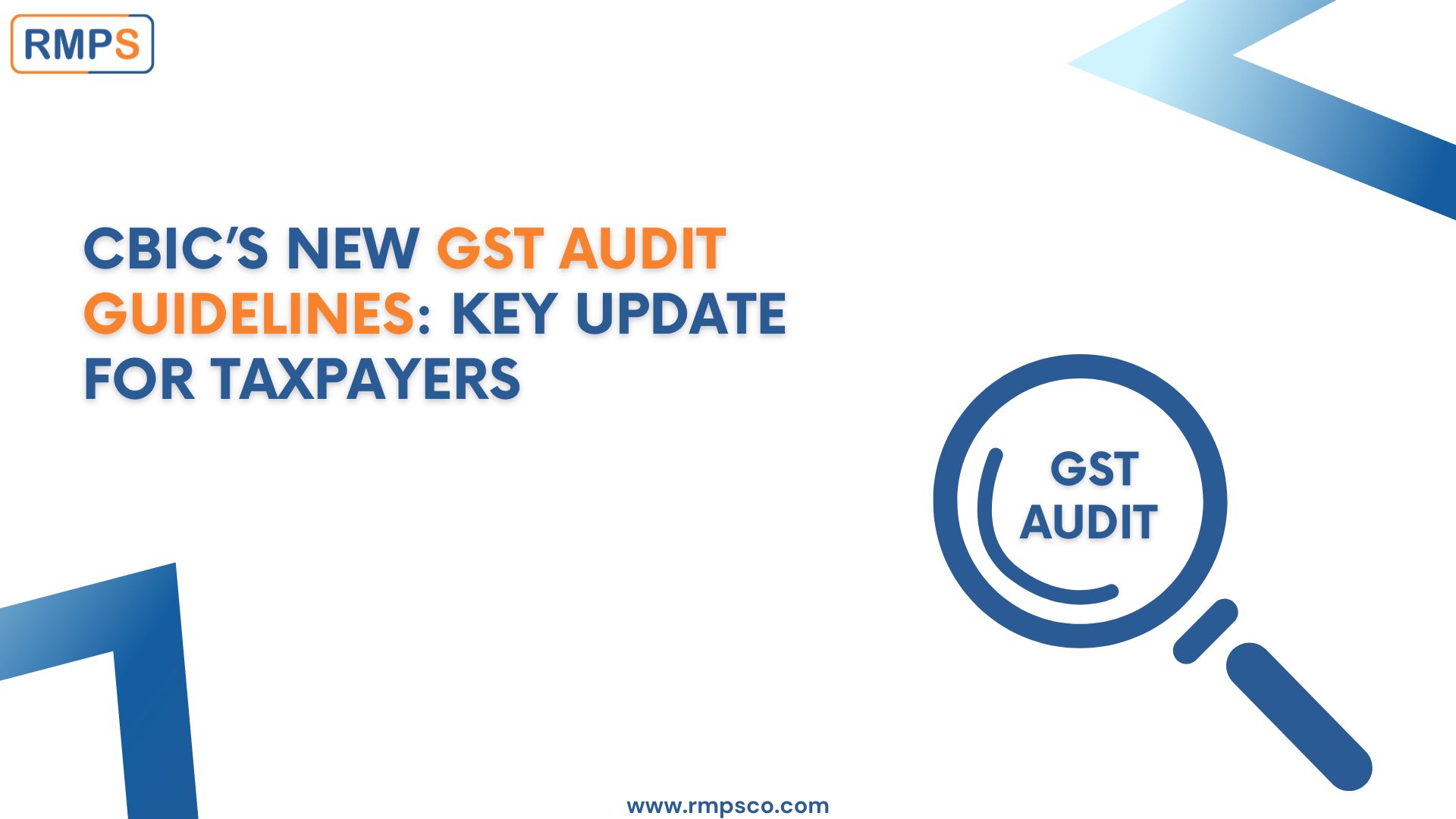
The Central Board of Indirect Taxes and Customs (CBIC) has recently issued Instruction No. 03/2024-GST. This new guideline, dated 14th August 2024, impacts how GST audit are conducted in India. It focuses on maintaining uniformity and caution during audits, especially when there are different interpretations of the CGST Act.
Key Takeaways from Instruction No. 03/2024-GST audit
1.Reference to Previous Guidelines: The new instruction builds on Instruction No. 01/2023-24-GST (Inv.) from 30th March 2024. This earlier guidance set the stage for making sure investigations into regular taxpayers are smooth and business-friendly.
2.Addressing Interpretation Issues: The instruction focuses on scenarios where a taxpayer follows a trade practice based on a specific interpretation of the CGST Act or related rules. Such situations can lead to multiple interpretations and may result in disputes.
3.Guidance for Chief Commissioners: The instruction suggests that in cases of differing interpretations, the Chief Commissioners of the relevant CGST zones should consult with the GST Policy or the Tax Research Unit (TRU). This consultation should happen before concluding the investigation. It helps ensure consistency and reduces the risk of unnecessary disputes.
4.Application to Ongoing Audits: This instruction is not just for future cases. It also applies to ongoing audits. This means that current investigations may need to be reviewed under this guidance.
Implications for Businesses
For businesses, this instruction is both protective and demanding. On one hand, it offers consistency in tax law interpretation. On the other hand, businesses should be ready for scrutiny if their practices are based on non-standard interpretations.
To stay compliant, businesses should keep updated on such instructions. It’s advisable to consult with a tax professional or legal advisor to manage these complexities effectively.
Conclusion
The CBIC’s Instruction No. 03/2024-GST is a crucial step toward fair and consistent GST audits. By recommending references to the GST Policy or TRU in complex cases, it aims to reduce litigation and promote uniformity. Businesses should take note of this update and align their practices accordingly to avoid potential disputes.
For more information please refer below circular :
LinkedIn Link : RMPS Profile
This article is only a knowledge-sharing initiative and is based on the Relevant Provisions as applicable and as per the information existing at the time of the preparation. In no event, RMPS & Co. or the Author or any other persons be liable for any direct and indirect result from this Article or any inadvertent omission of the provisions, update, etc if any.
Published on: August 16, 2024
